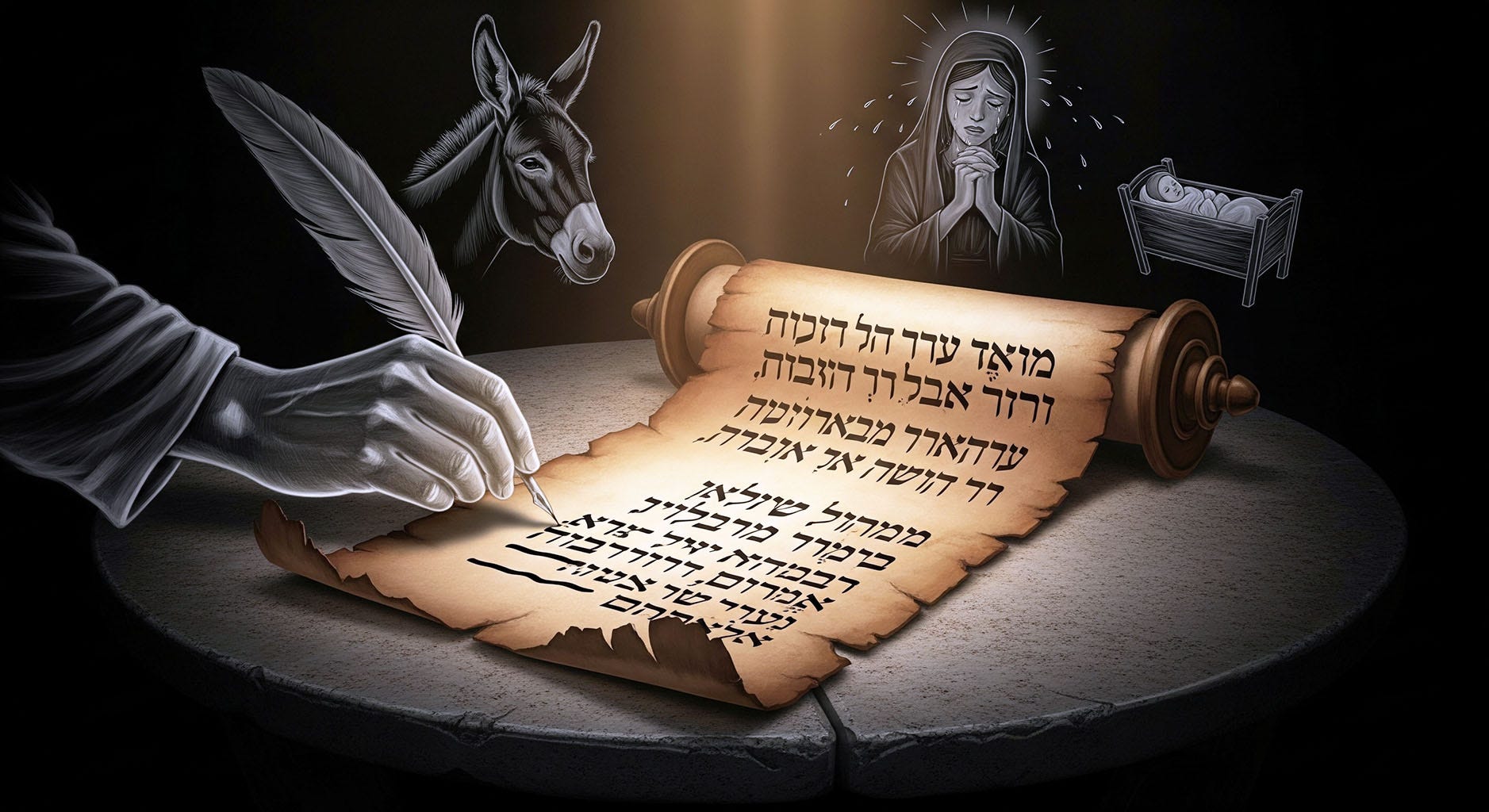Matthew’s Mess of Fulfilled Prophecies That Weren’t
How a gospel writer twisted, stretched, and flat-out invented “prophecies” to make Jesus look like the fulfillment of Jewish scripture.

When Christians tell you Jesus fulfilled Old Testament prophecy, most of that comes from the Gospel of Matthew, whose number one obsession is prophecy. He throws it around like a drunk at a dartboard, yelling “bullseye!” even when the dart la…


